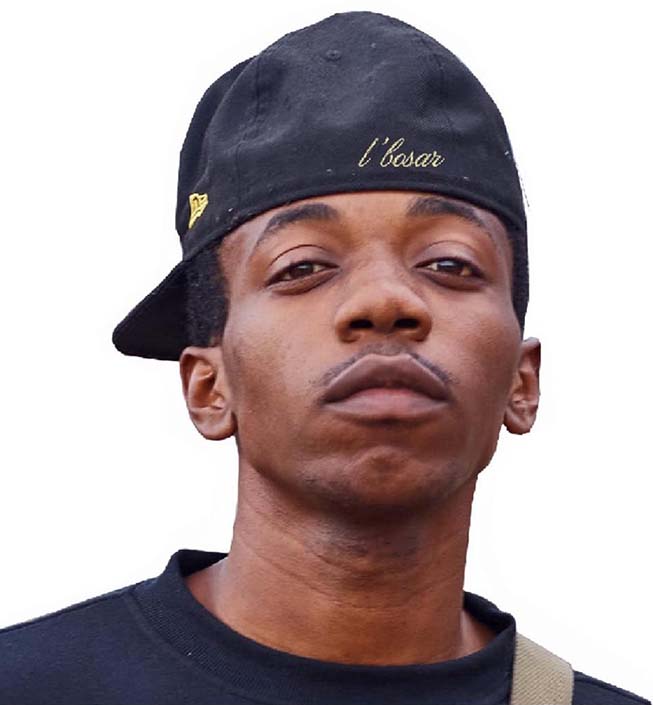Fast rising singer, Ogunwolu Babatomiwa Ayomiposi aka O’Posi, channels the heartbeat of his Ogun State roots into every performance, blending tradition, rhythm and soul into a sound that’s both authentic and refreshing.
In this interview, the artist talks about his musical journey, cultural heritage, creative process, and his definition of success.
What first got you into music?
Life got me into music. From childhood, my sound wasn’t learned; it was inherited. Live African music isn’t just what I do; it’s what I represent.
Who were your biggest musical influences growing up?
My family. My grandparents had records with our names waxed on them, so music was always close to home. It wasn’t just sound, it was part of our daily life. Growing up, we knew rhythm could carry history, and that made us conscious of its power.
Do you remember the first track you ever recorded?
Yes, I recorded my first track at Candy Factory Studios in Accra. That experience was a real breakthrough; it connected deeply with my friends and family. After that, I went on to release my first three-track demo.
How has your environment or upbringing shaped your sound?
I’m from Ogun State, and my interactions across the world have deepened my appreciation for my people’s sound. The balance between my origin and my experiences is why my music feels advanced.
How would you describe your sound to someone who’s never heard your music?
My sound is rooted in African beats. Every decibel carries African identity.
What is your songwriting process like?
Every project starts in its own way. ‘Take Go Back’ began with a guitar loop from my producer’s sound pack, while ‘The Sowing Of’ (mixtape) started with just lyrics. Songwriting never really ends; it keeps evolving.
How do you choose the producers or beats you work with?
It’s about competency and connection. I met Suffy, the producer of Take Go Back, in a studio in Lagos, and Five Seconds, the co-producer of The Sowing Of, in Ghana. My team and I sound daily until we’re live on stage.
Is there a particular message you always aim to convey through your music?
Emancipation.
When did you realise music could be more than a hobby?
I have never seen music as a hobby. From my earliest days, it shaped how I perceive the world. Music isn’t something I do for fun, it’s how I interact with and appreciate humanity.
What has been the biggest challenge in your career so far?
Lack of organization. But challenges aren’t roadblocks; they are calls for solutions. My team and I keep sharpening our problem-solving skills. That mindset keeps our sound soaring and our vision clear.
How do you handle criticism or doubt?
Public opinion is natural; it comes with recognition. What I focus on is professional criticism, the kind that tests growth and perception. Self-reliance sustains me, because in live African music, sound begins within before it reaches the crowd.
Are you signed to a label or staying independent for now?
Decibel Advanced Technologies is the organization that pays me. I haven’t signed any recording or distribution deal with a major label yet, but when the right deal comes, it will stand as pride in greatness.
Tell us about your latest single?
My time in Asaba inspired Take Go Back as a single. It was produced by Suffy and engineered by Kenniebeatx. Together, the team shaped that sound.
Which of your songs means the most to you?
That is a hard question. Performing live can transform even a basic record into something great. The real beauty lives in the ear of the listener.
Any collaboration we should look forward to?
Definitely. Collaboration strengthens competency. I’m currently working with African sound engineers, the real strength behind live African music. Together, we’re refining and expanding my sound.
What do you want people to take away from your music?
Music shapes perception, it communicates and connects. My music entertains, but it’s also about energy, heritage and inspiration. Some will connect now, some later. What matters is that people everywhere feel the great energy of live African music.
How do you define success for yourself as an artist?
Success begins with how we shape perception. Too often, people chase borrowed images of success that society promotes. For me, true success is heritage and live African music embodies that. My success isn’t just personal; it’s a form of value to my people.

